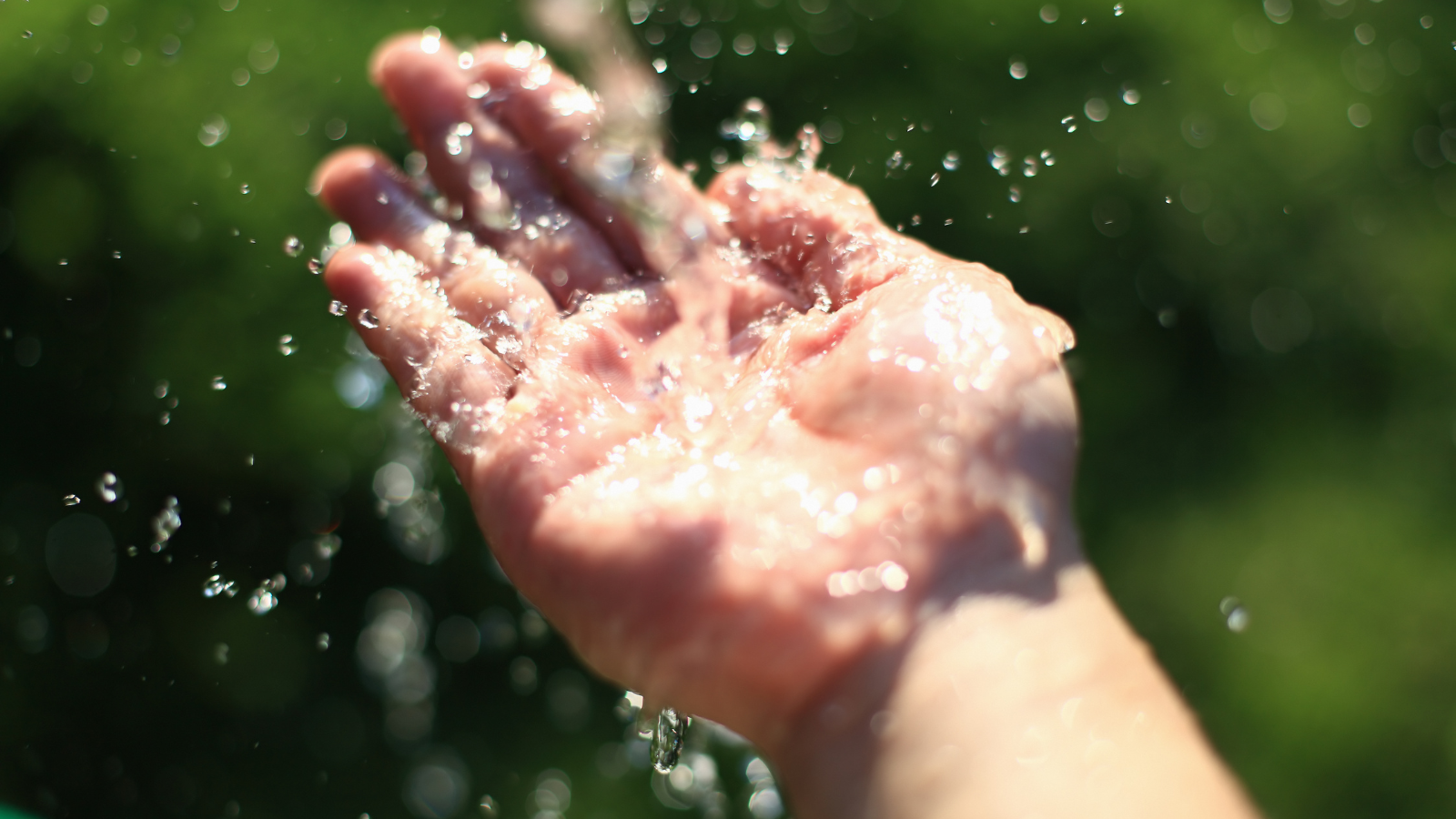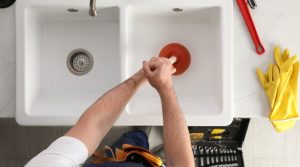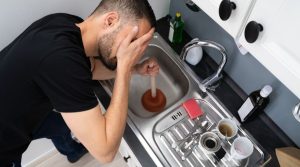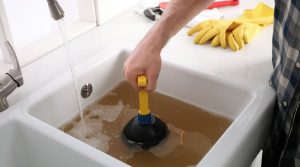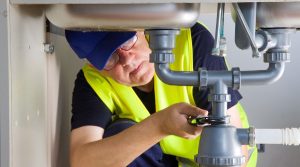Water conservation is a crucial responsibility for every homeowner. By implementing simple yet effective changes both inside and outside your home, you can significantlyminimize water use, cut energy costs, and support environmental protection.
Key Takeaways:
- Effective water conservation can lead to substantial cost savings and preserve essential water resources.
- Minor adjustments, such as sealing leaks and adopting Water savings may be substantial when using water-efficient equipment.
- Optimizing outdoor water use, including irrigation practices, can further minimize water waste.
For any plumbing needs, savvy homeowners in Passaic, NJ, and the surrounding areas should call CBJ Plumbers!
How Can Homeowners Conserve Water?
Homeowners can make a considerable impact on water conservation through a range of actions:
Fix Leaks: Promptly repairing leaks in faucets, toilets, and pipes prevents water waste and can save hundreds of gallons of water annually.
Upgrade Appliances: Installing water-efficient appliances, such as low-flow showerheads, faucets, and toilets, can drastically reduce water consumption while maintaining comfort.
Use Aerators: Adding aerators to faucets reduces water flow without sacrificing performance, making everyday tasks more water-efficient.
Optimize Lawn Irrigation: Adjusting irrigation schedules to early morning or late evening reduces evaporation and maximizes water use. Incorporating drought-resistant plants and using rain barrels can further enhance efficiency.
Install Rain Barrels: Collecting rainwater for garden use decreases reliance on tap water and is an excellent way to maintain a healthy lawn and garden.
Ready to elevate your home’s safety and water efficiency? Discover expert tips and solutions today!
What is Water Conservation for Homeowners?
Water conservation is about using water resources more efficiently to prevent unnecessary waste. For homeowners, this means adopting sustainable habits and practices that reduce water consumption both indoors and outdoors. Such efforts are crucial for alleviating pressure on local water supplies, protecting ecosystems, and ensuring a reliable water source for future generations.
Strategies for Conserving Water Inside the Home:
1. Upgrade to Water-Efficient Appliances: Modern, water-saving fixtures like low-flow showerheads, faucets, and toilets help reduce water usage without sacrificing performance.
2. Fix Leaks Promptly: Addressing leaks in plumbing or fixtures can prevent substantial water loss over time.
3. Adjust Personal Habits: Simple changes, such as reducing shower duration and Gallons of water may be saved by shutting off the faucet while brushing your teeth daily.
Strategies for Conserving Water Outside the Home:
1. Optimize Irrigation: Water your garden in the early morning or late evening to minimize evaporation. Utilize a sprinkler timer to avoid overwatering.
2. Plant Drought-Resistant Vegetation: Choose natural plants that are more appropriate for their surroundings and require less water local climate conditions.
3. Collect Rainwater: Use rain barrels to capture and store rainwater for garden irrigation, reducing the need for tap water.
Examples of Water Conservation for Homeowners:
1. Fix Leaky Faucets: Hundreds of gallons of water canbe lost annually as a result of one leaking faucet. Repairing these leaks promptly is among the easiest and best methods for conserving water.
2. Upgrade to Energy-Efficient Appliances: Replacing outdated appliances with water-efficient models, such as modern washing machines and dishwashers, can lead to significant water savings.
3. Use a Rain Barrel: Collecting and using rainwater for irrigation reduces dependence on municipal water finds and promotes a more environmentally friendly method of gardening.
4. Shorten Shower Times: Reducing A few more minutes spent in the shower can save many gallons of water. each day.
Tips for Effective Water Conservation:
1. Install Aerators on Faucets: Faucet aerators mix air with water, reducing flow while maintaining effective performance.
2. Use Native Plants: Native plants are adapted to local conditions and generally require less water, reducing the need for frequent irrigation.
3. Turn Off the Tap: Close the faucet while brushing teeth or washing dishes to save several gallons of water daily.
4. Monitor Water Meter: Regularly check your water meter for changes when no water is in use to detect and address leaks promptly.
5. Water Efficiently: Employ efficient watering practices, such as using a sprinkler timer and watering early in the morning or late at night to reduce evaporation.
Conclusion
Water conservation is achievable with small adjustments that can have a substantial impact on your water usage and utility bills. By adopting water-efficient habits and investing in modern fixtures and appliances, homeowners play a vital role in conserving this precious resource. These efforts not only save money but also contribute to a more sustainable and environmentally-friendly future.

